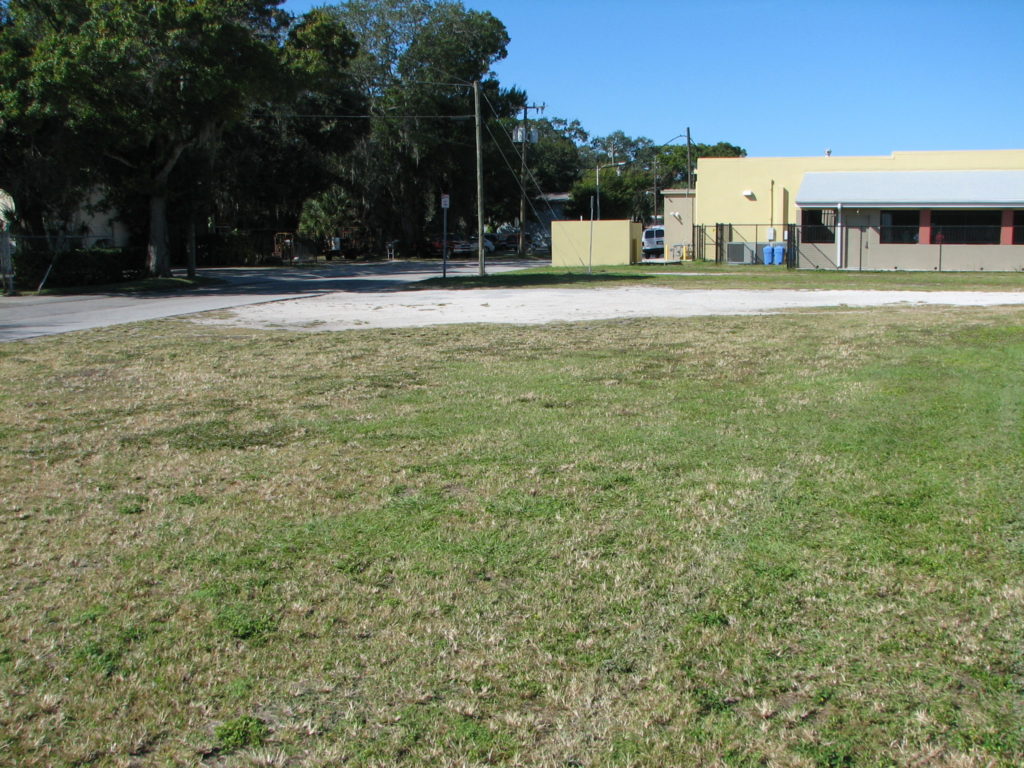One type of environmental monitoring is groundwater testing. This sounds simple enough, but exactly what is groundwater testing? Well, let’s break apart the term.
First, groundwater is water that is beneath the surface of the earth, as opposed to surface water which is on the surface of the earth. Sometimes, it is referred to as well water, the water table, or the aquifer. It is the source of water for springs.
Second, testing takes many forms. It can be done with the unaided eye, depth measurement tools, electronic meters, or samples analyzed in a laboratory. Testing done in the groundwater itself or on samples in the field is called in situ testing.
Samples can be collected manually or with automated samplers. Manually collected samples can be collected with bailers, bladder pumps, centrifugal pumps, or peristaltic pumps directly into laboratory sample bottles. The contents are then emptied into laboratory sample bottles.
Automated samplers can be programmed to collect samples at select time intervals over an extended period of time. Separate samples can be collected at each time interval or sample aliquots can be collected at each time interval and then be added to a large sample container to produce a composite sample.
Whether the samples are collected manually or automatically, generally, they are ultimately analyzed in a laboratory. They can be analyzed for biological, chemical, or physical parameters. In Florida, the laboratory should or must be accredited by the National Environmental Laboratory Accreditation Program, NELAP (www.nelac-institute.org) and be certified by the Florida Department of Health (www.floridahealth.gov). The data will not be accepted by regulatory agencies unless it is generated from one of these laboratories.
Why would you want to test the groundwater? There are lots of reasons. One is that you want to be proactive because you truly care or for public relations. For example, you may want to produce groundwater quality data that show your facility is not polluting the groundwater below or adjacent to your facility. Another reason may be for a groundwater remediation project, or to meet monitoring requirements under an existing Remedial Action Plan. Additionally, you may have had a spill or discharge and you are being required or you are volunteering to test the groundwater quality. In that case, you may need to determine if you have impacted the groundwater or if you have cleaned it up. Finally, you may be planning to introduce a new operation and need to establish current groundwater quality conditions so that the operation’s impact can be projected. After the operation is up and running, more testing can be done to determine if your projections were accurate.
If you do end up testing the groundwater, you will want to make sure that it is done properly and that the data are valid and court defensible. Otherwise, you may end up with credibility problems. Adverse publicity and scrutiny from the media and environmental watchdog groups is not worth it. Even if you truly have no impact on the quality of the groundwater, it may be perceived that you do because of faulty data.
This is where Environmental Safety Consultants (www.escflorida.com) can help. We have the credentials and experience to properly complete your groundwater environmental monitoring. We are a Florida-licensed Engineering business with environmental scientists, a Professional Engineer (P.E.), and years of experience testing groundwater quality. We are just a telephone call (800-226-1735) or an e-mail away (escinc@verizon.net). Contact us today!
